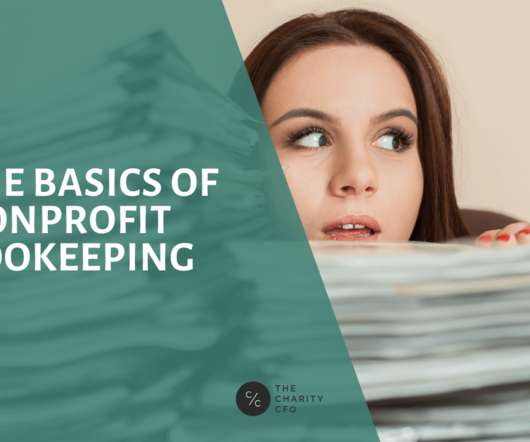How Excel Spreadsheets Can Create a Data Security Risk for Businesses
Centage
SEPTEMBER 6, 2022
As a business owner or chief financial officer (CFO), spreadsheets may be an important part of your financial forecasting, planning, and budgeting processes. Unfortunately, Excel has very defined limits that can make it challenging for businesses to publish their financial reports more quickly and efficiently.














Let's personalize your content